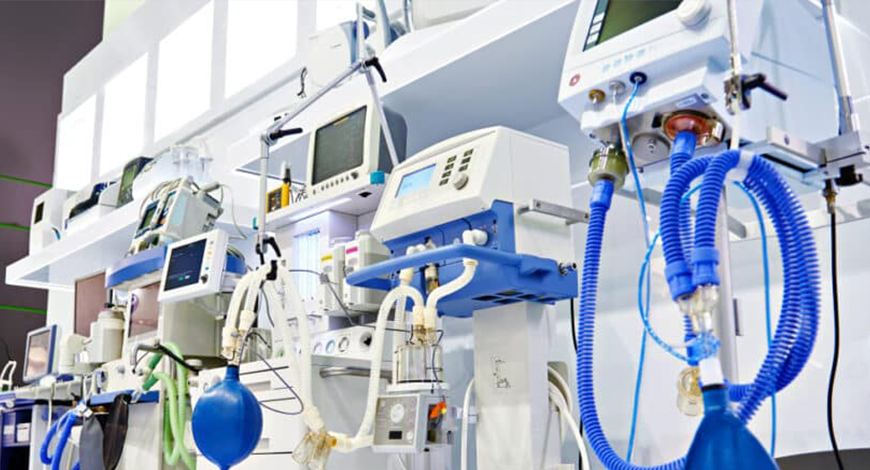Headlines of The Day
NABH flags faulty medical devices as one of challenges in hospitals

What should be more important for healthcare institutions, efficiency or patient safety? A recent study conducted by the National Accreditation Board for Hospitals (NABH), a constituent of the Quality Council of India (QCI) indicates that patient safety may have taken the backseat, shedding light on critical safety challenges in Indian hospitals.
The study findings revealed that around 58% of nurses felt pressured to compromise patient safety over the efficiency of hospitals. 35% of them complained of inadequate staff, while about 32% blamed poor patient safety norms for ineffective patient safety
Doctors echoed similar concerns, with 18% of them claiming they are pressured to compromise on patient safety over efficiency. 21% blame inadequate staff at health institutes as a significant challenge to the patient safety.
On the other hand, hospital managements’ perspective focused on the challenge of balancing speed of services and safety (37%), and a limited focus on patients’ rights (31%).
When asked what the term ‘efficiency’ denoted in the report, NABH said, “It means giving appropriate care and necessary treatment while avoiding wastage of resources.”
The study incorporated surveys and interviews among healthcare professionals from over 1,100 NABH-accredited hospitals across the country, with interviews from doctors, nurses and hospital administrators. According to the NABH communication team, over 90% of the hospitals surveyed, were privately owned.
“According to respondents, major factors affecting patient safety are safety vs efficiency mindset (42%), inadequate staffing (24%), lack of patient safety culture (24%), scarce learning and reporting (15%), and lack of patient awareness (15%),” the NABH said.
In the assessment, the health accredition body identified multiple challenges in ensuring patient safety at surveyed hospitals which include, unsafe injection practices (reuse of needles and syringes) medication errors (improper labelling and dosage miscalculations), faulty medical devices, high rates of hospital-acquired infections (HAI), and overcrowding, among others.
Besides, the assessment of diagnostic facilities at these hospitals also highlighted inadequately trained staff, improper reporting mechanisms, patients’ limited understanding of safety protocols, and inconsistent adherence to established protocols.
Dr Mahesh Verma, NABH chairperson, said the assessment findings serve as a roadmap to create a patient-centric healthcare ecosystem where safety is paramount. “This will further help in correcting the course of healthcare keeping in mind the perspective of nurses, doctors, medical staffs, and hospital management. In addition to this, it will boost patient’s trust towards healthcare providers,” he added.
Dr Atul Mohan Kochhar, CEO, NABH, said the report highlighted the need for a multi-pronged approach to improve patient safety at healthcare institutes. “The assessment recommends a multi-pronged approach to improve patient safety, including strengthening governance, establishing a central data collection platform and a unified reporting system, promoting patient education and awareness, integrating technology to improve patient safety measures, and implementing policy reforms with stronger enforcement mechanisms,” he added. New Indian Express












